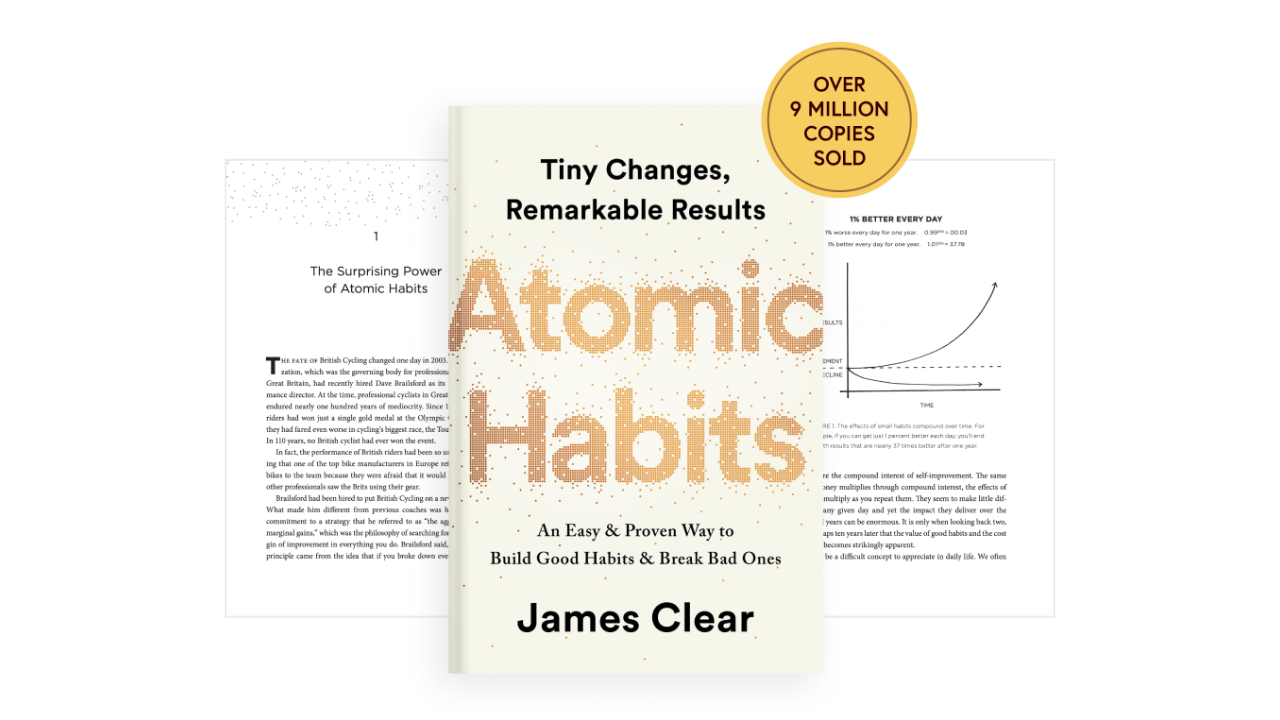- Ther's Insights
- Posts
- How to Overcome Self Unsatisfaction and "Hard Startups"
How to Overcome Self Unsatisfaction and "Hard Startups"
Today, I want to reflect on how we can improve ourselves over time and consider why we should deal with harder problems rather than the easier ones.
Good morning successful people!
Today, I want to reflect on how we can improve ourselves over time and consider why we should deal with harder problems rather than the easier ones.
📰 In Today’s Pick..
#1. How to Overcome Self Unsatisfaction
Atomic Habits book is a book for you if you are unsatisfied with yourself, and wanted a change. Here is a book summary if you are a busy person:
Excerpt:
How to create a good habit:
The 1st law (Cue): Make it obvious.
The 2nd law (Craving): Make it attractive.
The 3rd law (Response): Make it easy.
The 4th law (Reward): Make it satisfying.
How to break a bad habit:
Inversion of the 1st law (Cue): Make it invisible.
Inversion of the 2nd law (Craving): Make it unattractive.
Inversion of the 3rd law (Response): Make it difficult.
Inversion of the 4th law (Reward): Make it unsatisfying.
#2. Hard Startups
Here is the excerpt for the article:
Part of the magic of Silicon Valley is that people default to taking you seriously if you’re willing to be serious—they’ve learned it’s a very expensive mistake, in aggregate, not to. If you want to start a company working on a better way to build homes, gene editing, artificial general intelligence, a new education system, or carbon sequestration, you may actually be able to get it funded, even if you don’t have a degree or much experience.
Let yourself become more ambitious—figure out the most interesting version of where what you’re working on could go. Then talk about that big vision and work relentlessly towards it, but always have a reasonable next step. You don’t want step one to be incorporating the company and step two to be going to Mars.
Be willing to make a very long-term commitment to what you’re doing. Most people aren’t, which is part of the reason they pick “easy” startups. In a world of compounding advantages where most people are operating on a 3 year timeframe and you’re operating on a 10 year timeframe, you’ll have a very large edge.
Not all problems are worth solving. However, if you find a problem that is worth solving, you will become very valuable.
What do you think about today's Insights? 👀
Help me do better by ✍️ replying me what you think about today’s article selection!
Thanks for reading Ther's Insights! Subscribe for free to receive new insights and support my work.
"Ther's always insights for those who seek them."

